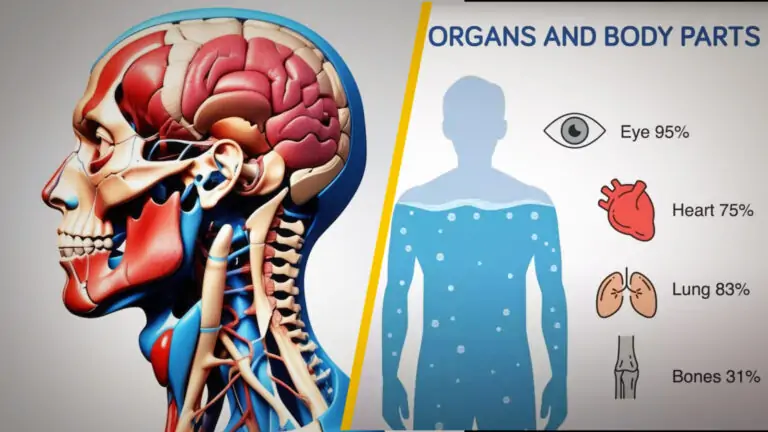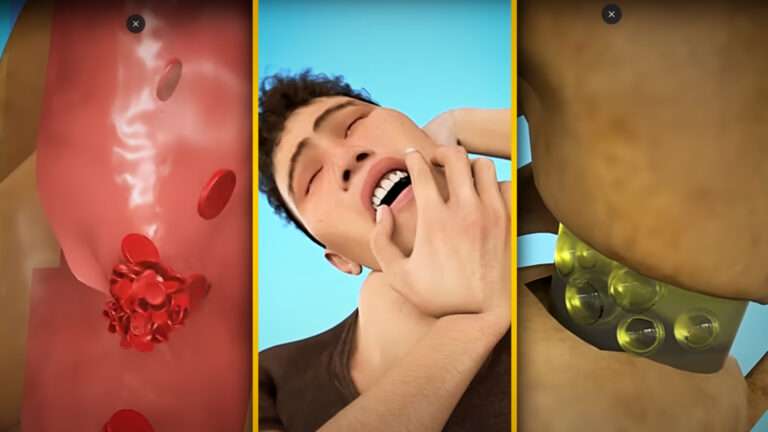Is Your Dream Life Hiding Clues to Dementia? Scientists Reveal Shocking Discovery

In the stillness of night, Martin’s restless body told a hidden story. He thrashed, shouted, and once even swung a lamp, all while deep in REM sleep. Unaware of his nightly battles, Martin dismissed his daytime exhaustion as aging. But his wife worried; his once quick wit seemed foggy, and simple tasks now overwhelmed him. After a sleep study, doctors diagnosed REM Sleep behaviour Disorder (RBD). They explained it was more than disrupted sleep—it could signal early Parkinson’s or dementia. Thanks to advanced AI, his doctors tailored a care plan. Martin’s dreams were no longer just mysterious—they were a call for action.

Martin had always been a lively soul—sharp, witty, and full of energy. But recently, something had shifted. His mind seemed foggy, his once steady hands now trembled slightly, and his sleep was disturbed by strange, violent movements. His wife, Anna, noticed the changes most. She would wake up to find Martin thrashing in his sleep, as if fighting some unseen enemy. But what was causing these unsettling episodes? Was it simply the wear and tear of age, or something more? Little did they know, the answer was hidden in his dreams, and it would change their lives forever.

The Silent Warning: What Your Sleep Might Be Telling You
Martin had always been a deep sleeper, but recently, his nights had turned into battles. Shouts, thrashing, and strange movements plagued his rest. Little did he know, this “sleep disorder” was a clue to something much deeper—something that could change the course of his life.
A Sleep Disorder That Could Signal Bigger Problems
It’s not just a bad night’s sleep. Martin’s condition—REM Sleep Behavior Disorder (RBD)—wasn’t just disturbing his rest, it was a silent sign of an emerging problem. Research has shown that people with RBD often face early signs of neurological conditions like Parkinson’s disease or dementia. This rare condition is a precursor, and though it’s hard to diagnose, scientists are now uncovering a link between RBD and brain inflammation, particularly in areas where dopamine is produced—a common issue in Parkinson’s and dementia.
Why Sleep Movements Matter
RBD isn’t just about restless legs or tossing and turning. It involves acting out dreams, like talking, shouting, or even physically moving in ways that could harm the person or their partner. In Martin’s case, this meant thrashing around so violently that he often woke up feeling groggy and disoriented.
The Role of Artificial Intelligence in Diagnosis
With over 80 million people worldwide affected by RBD, doctors are turning to technology to pinpoint early symptoms. Using advanced AI to analyze sleep movements, scientists can now detect RBD with 92% accuracy. This breakthrough could revolutionize how we diagnose neurological conditions early, allowing for more effective treatment plans tailored to each individual.
A Wake-Up Call for Early Intervention
Martin’s diagnosis was more than just a sleep issue—it was an urgent reminder that something much larger was at play. Thanks to early detection, he and his doctors could now plan ahead, considering the severity of his condition and the most personalized treatment options.
As scientists continue to unravel the connection between sleep disorders and dementia or Parkinson’s, more people may have the chance to address these conditions before they fully take hold. For Martin, the battle had just begun—but at least now, he knew what he was fighting.
Unveiling the Hidden Truth Behind Our Sleep
Martin’s story is a stark reminder that sleep disturbances aren’t always harmless—they could be early warning signs of something much more serious. With the advent of cutting-edge technologies, like AI-driven sleep analysis, medical professionals are now able to identify potential neurological conditions, such as Parkinson’s disease or dementia, before they fully manifest. The connection between REM Sleep behaviour Disorder (RBD) and these diseases has opened a new frontier in early diagnosis, giving patients a fighting chance to intervene early and personalize their treatment.
For Martin, the truth was uncomfortable, but it was also empowering. Knowing that his restless nights were more than just bad sleep meant he could start taking action. His story is one of hope, a testament to the power of early detection and the ongoing strides in medicine and technology that could improve the lives of millions. So, while sleep might seem like a quiet part of our daily routine, it’s clear that our nights can speak volumes about our health.
Is your body trying to tell you something important, even when you’re not awake to listen?
These are questions that scientists are racing to answer, and they might just hold the key to transforming the way we understand and treat neurological diseases. Could the secret to better health be hidden in your sleep?







One Comment